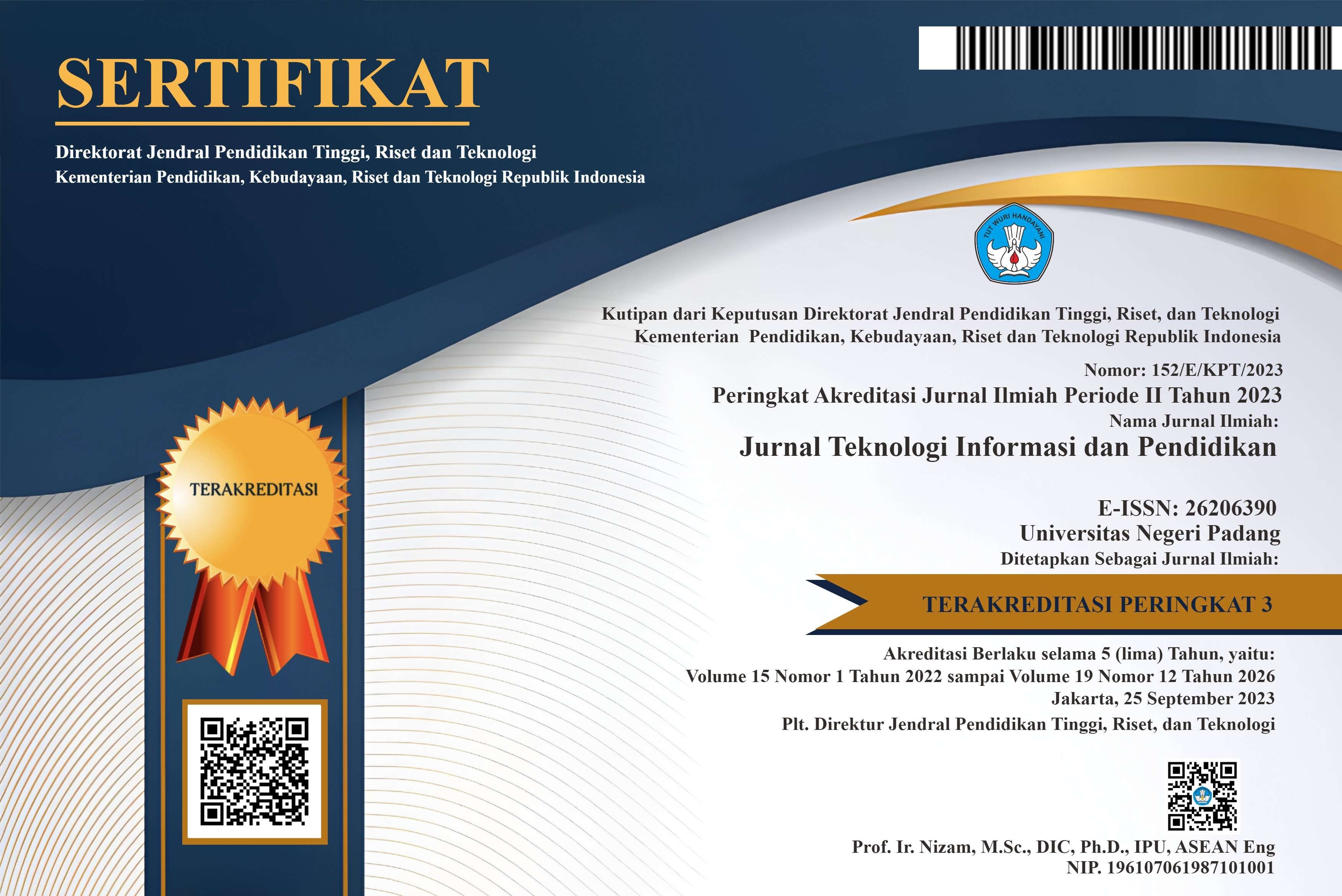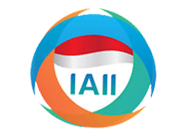E-Learning in Online Education Game For Kids
DOI:
https://doi.org/10.24036/tip.v13i2.335Keywords:
Education, Games, E-LearaningAbstract
This study aims to identify e-learning as a branding of kids educational online games. Descriptive method was used to present a complete overview regarding the situation related to variables examined. The results of this research are to recognize the development of branding and the benefit provided by e-learning in the application of educational games for kids. Discussing the product branding of e-learning games for kids was conducted in this research.















.png)














